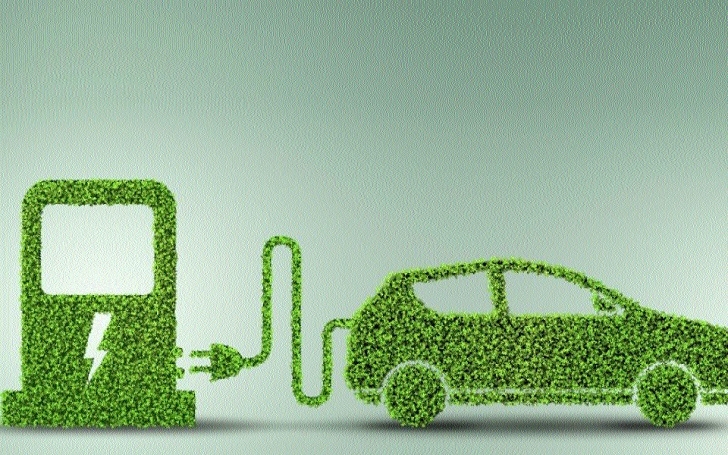C’garh lags behind in EV adoption
| Date :17-Aug-2023 |

Staff Reporter
Bhilai,
Ranks 15th in nation in terms of registered EVs
State has registered only 49,038 electric vehicles as of August 3, 2023, accounting for a meager 0.93 per cent of total EVs nationwide
In the face of soaring fuel prices, Chhattisgarh, despite being a resource-rich State, lags behind in electric vehicle (EV) adoption, ranking fifteenth in the nation in terms of registered EVs. Despite the evident economic advantages of EVs, the State has registered only 49,038 electric vehicles as of August 3, 2023, accounting for a meager 0.93 percent of total EVs nationwide. Surprisingly, even smaller states like Goa, Pondicherry and Delhi have witnessed higher EV registrations than Chhattisgarh.
The reluctance to shift towards electric vehicles indicates a dire need for heightened awareness about the benefits of EVs among the public.
Data disclosed by the Union Ministry of Road Transport and Highways reveals that Uttar Pradesh takes the lead in EV registrations, closely followed by Maharashtra, Karnataka,
Delhi, and Rajasthan. In the central Indian region, Madhya Pradesh and Chhattisgarh both struggle with subpar EV registration numbers. Notably, Chhattisgarh’s EV registrations pale in comparison to those of smaller states and union territories.
Till the aforementioned date, Goa boasts over 78,103 registered EVs, Pondicherry follows closely with 64,033, and even Meghalaya, another smaller state, has outperformed Chhattisgarh with 47,920 EVs registered.
The crux of the issue lies in the lack of accessible charging infrastructure across various parts of Chhattisgarh, which deters potential EV buyers and fosters a preference for conventional fuel-powered vehicles. Existing EV models still struggle to achieve long-distance travel on a single charge, and the scarcity of charging stations in the state exacerbates this issue.
Local dealers and automotive experts emphasize that the dearth of charging stations, both in urban and rural areas, significantly hampers the sale of EVs. Indrajeet Singh, a prominent car expert and automobile engineer, emphasizes that the limited availability of public charging stations in cities like Raipur, Bhilai, Bilaspur, Durg, and Korba makes EVs impractical for everyday commuters.
On a positive note, the state has witnessed a slight uptick in the adoption of electric two-wheelers. However, this enthusiasm does not translate to electric four-wheelers, which are not favored as secondary vehicles by consumers. Anupam Srivastava, an experienced automobile engineer and car dealer in central India, suggests that EV manufacturers should enhance vehicle range and collaborate with the Chhattisgarh Transport Department to establish a robust charging network in both urban and rural areas. Chhattisgarh can learn from the successful EV transition in southern states like Tamil Nadu, Karnataka Gujarat and Delhi. Raising subsidies and providing additional benefits for electric vehicles could potentially ignite interest and accelerate the adoption of greener transportation alternatives. As the state navigates the dual challenges of inadequate charging infrastructure and public awareness, a comprehensive strategy involving government incentives, private sector co-operation, and public education remains crucial in fostering a transition towards sustainable
mobility solutions.
